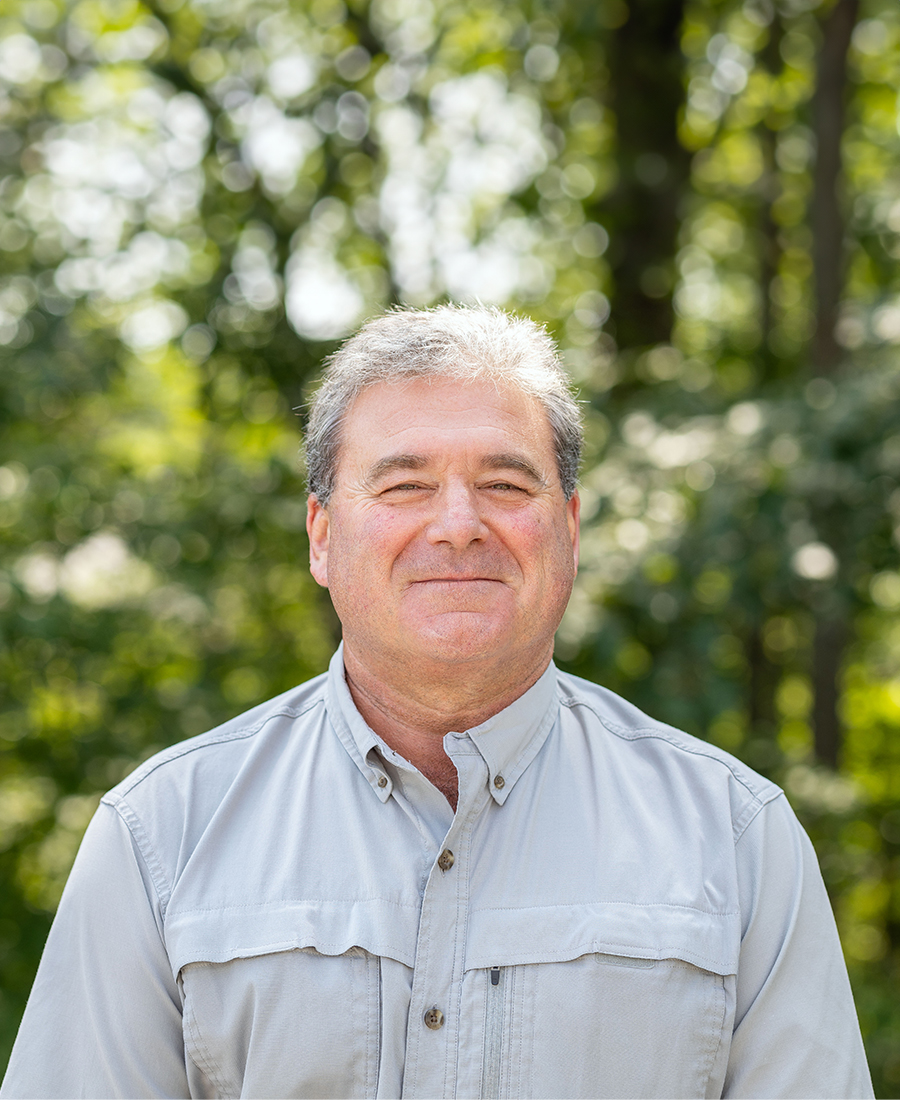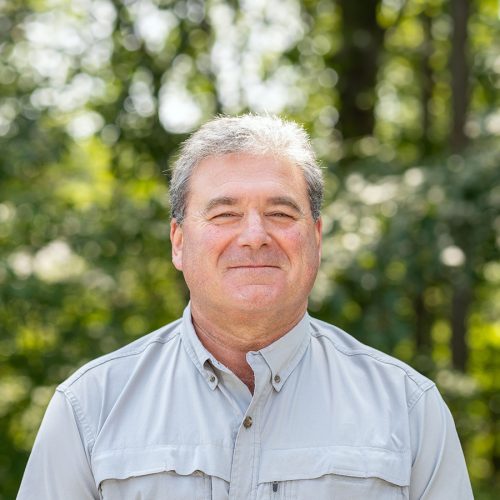

Q: What is your job title with Sargent, and what are your usual responsibilities?
A: I’m the operations manager for the New Hampshire region. My responsibilities include just about everything related to our projects in New Hampshire, from resource management to procuring work to tracking budgets and costs.
Q: What are the main challenges of your job?
A: I would say that finding the right mix of work and keeping out ahead of our schedules is a real challenge.
Q: What were you up to in your career before you came to Sargent?
A: I worked for another contractor for seven seasons during high school and college before coming here. I started working for Sargent in 1994 as a foreman. I stayed in that position for about 11 years, and then I moved up to a superintendent’s position for another 11 years. I’ve been in my current operations role since 2016.
Q: What do you enjoy about your job?
A: I just enjoy working with the great people we have here at Sargent.
Q: Are there any achievements in your career that you’re particularly proud of?
A: Working closely with Colby Courier and Tim Folster is something I’m proud of. We’ve accomplished a lot together over the years. Also, the combined sewer overflow projects in Lewiston and Portland were good projects, and those stand out in my mind.
Q: Why would you say Sargent is a good place to work?
A: This company still has a family feel, even as we’ve grown so much. Everybody knows your name, and you’re not just another number. Also, Herb Sargent is an excellent person and he takes safety very seriously. Safety is really taken to the next level here.
The expectations for everyone are high here, but if you can perform up to those expectations, the sky is the limit for your career. Sargent is everything a company should be.
Q: The construction industry is struggling to attract younger people. Do you have any ideas that could help us do a better job of bringing in young talent?
A: I don’t think it’s just the construction industry. I think many different lines of work are having a hard time bringing in young people. In our industry, I think we could focus a little bit more on finding a work-life balance, and minimizing travel as much as we can is part of that. There are definitely young people who are willing to travel, but I don’t think there are as many as there used to be.
Also, we might need to do a better job of illustrating how many skills you can gain in this industry. You’re bettering yourself constantly by being trained through your employer, which makes you a more marketable person as you advance through your career. Not every line of work has that advantage.
Q: Has there been anyone throughout your life that you’ve viewed as a mentor?
A: My personal life and my professional life are one and the same. Herb Sargent, Tim Folster, and Colby Courier have all been huge inspirations to me. They showed me the ropes and taught me that I need to be constantly learning.
Honestly, I can learn as much from a laborer on any given day as I can learn from people in leadership. Everyone has knowledge that’s worth learning.
Q: How do you like to spend your free time when you’re not at work?
A: I’m in my early 50s, which can be an awkward time in life. With age comes self-preservation. I’ve gone from fast snowmobiles, fast cars, and fast motorcycles to sitting back and smelling the roses a little more. I’m content just taking care of the yard these days. I’ve done all the risky stuff and gotten it out of my system!